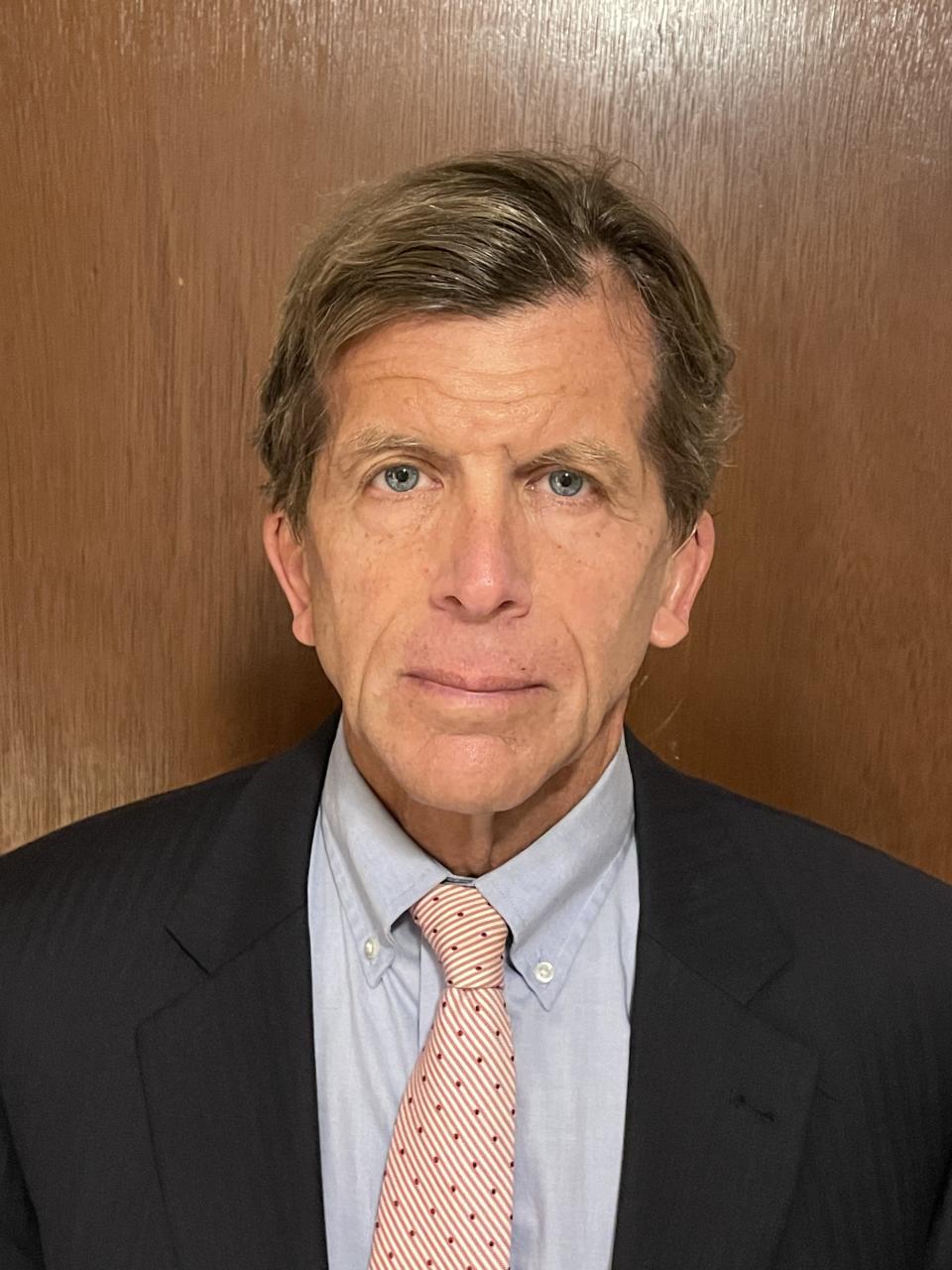There are three things that need to happen before our system can render 'Justice for All.'

The criminal justice system in Oklahoma has once again drawn national and international attention for a wrongful conviction in a death penalty case. The Richard Glossip case is just the latest addition to the growing list of wrongful convictions in our state. We should, of course, be grateful that the injustice of the convictions in these high-profile capital cases has been revealed. However, we also should recognize that there are almost certainly many other wrongful convictions, in capital and non-capital cases, which never draw sufficient public attention to be revealed and remedied. Some improvements have been made to Oklahoma’s criminal justice system in recent years. However, there are three things that need to happen before our system can truly and reliably render “Justice for All.”
More: Rabbis: Capital punishment is archaic, antithetical to faith built upon justice, mercy
First, district attorneys should be term-limited to two four-year terms. It is a sad fact that most wrongful convictions are discovered when, for whatever reason, an incumbent district attorney leaves office. Unlike most other state elected officials, the 27 district attorneys are not subject to any term limits. Oklahomans decided years ago that the power of incumbency should be limited in our state government. All the reasons stated then in support of term limits apply equally now to district attorneys. In addition, there are two even stronger reasons for term-limiting district attorneys in particular:
● All the decisions made by a district attorney regarding which persons will be charged with which crimes and be subject to which punishments, including the death penalty, are unilateral decisions. There is no review or oversight. Unlike most other state elected officials, who are just one member of a decision-making body or who must cooperate with another state agency or branch of government to make or implement decisions, a district attorney has no such constraints. As a result, district attorneys are arguably the most powerful elected officials in Oklahoma.
● A candidate who challenges an incumbent district attorney must be a practicing attorney in that district. A potential candidate knows that, human nature being what it is, if he or she is not successful, it is quite possible that there will be unpleasant consequences for his or her practice when it involves dealing with the district attorney’s office. This knowledge is a powerful deterrent for any potential candidate.
● There should be a three-year waiting period between the last day of service as a district attorney or assistant district attorney and the first day of service as a district court trial judge. It is a common career path in courthouse politics to become a district court trial judge directly after serving as a district attorney or assistant district attorney. This creates a situation in which a new district court trial judge will immediately be evaluating, purportedly in an unbiased and neutral way, the testimony of law enforcement officers with whom he or she had worked regularly for years as a prosecutor. Again, human nature being what it is, our criminal justice system should not allow such a situation to exist. In addition, if a former district attorney or assistant district attorney acquires some experience in criminal defense during the three-year waiting period, that might ensure impartiality even more.
● There should be a Brady violation exception to the absolute prosecutorial immunity that district attorneys and assistant district attorneys now enjoy. Absolute prosecutorial immunity was created by the 1976 U.S. Supreme Court case of Imbler v. Pachtman. It provides that a prosecutor cannot be sued for money damages in a civil lawsuit by a person (say, a defendant) who is the victim of intentional prosecutorial misconduct. Since 1976, in civil lawsuits across the country, absolute prosecutorial immunity has been held to protect prosecutors who have coerced witnesses, falsified evidence, solicited and knowingly presented perjured testimony, introduced evidence known to be illegally obtained, and initiated prosecutions in bad faith (for personal reasons or with knowledge that the person did not commit the crime).
More: Former U.S. attorneys: Prosecutors must do the right thing for the right reason
More to the point in Oklahoma, absolute prosecutorial immunity has been applied to Brady violations. A Brady violation (named after the 1963 U.S. Supreme Court case that established the rule) occurs when a prosecutor intentionally withholds from the defense evidence which tends to prove that the defendant is not guilty (i.e., exculpatory evidence). Based on news reports, it appears that Brady violations are at the heart of almost all the wrongful convictions that have been revealed in Oklahoma. The possibility of a prosecutor who withholds exculpatory evidence being held personally liable for money damages in a civil lawsuit might have the beneficial effect of reducing such intentional prosecutorial misconduct, and reducing wrongful convictions.
These three changes can be initiated by the voters of Oklahoma or by their Legislature. But until they are made, it is reasonable to assume that wrongful convictions will continue.

Robert M. Anthony served as general counsel for the Oklahoma State Regents for Higher Education for 15 years before retiring in 2021; prior to that, he served as an assistant city attorney in Norman, an assistant attorney general in Oklahoma and as a foreign service officer for the U.S. Department of State in Mexico City and New Zealand, and was in private practice in Norman and Oklahoma City.
This article originally appeared on Oklahoman: Voters, Legislature can make changes to reduce wrongful convictions
